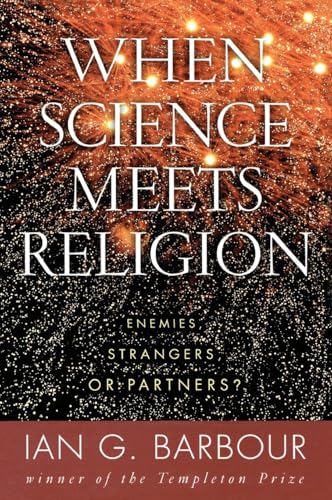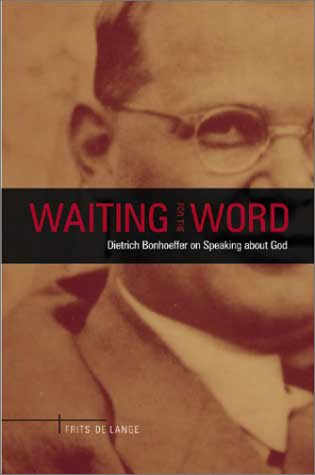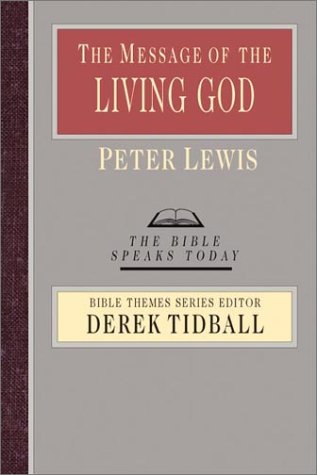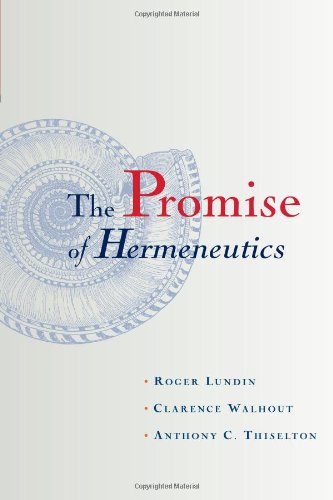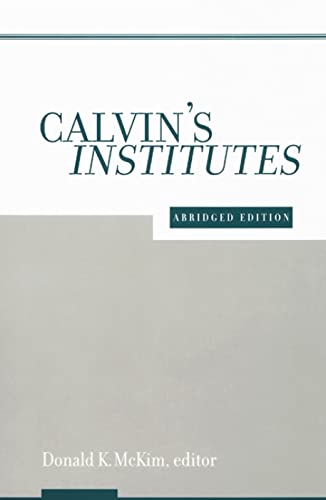Seeing God in the Ordinary: Theology of the Everyday
Written by Michael Frost Reviewed By Mark GreeneThe greatest cultural challenge facing the Western church is not the challenge from the world but the prevalence and pervasiveness of the sacred-secular divide within the church. There is an almost omnipresent heresy that only one part of life is really Important to God—church activities, Sunday, relationship in the neighbourhood. The rest of life is relegated to the secular zone—school, work, food, parties, art, sunsets, Monday to Friday—and is ultimately trivial. This goes a long way to explaining why 50% of evangelicals have never heard a sermon on work, never mind been encouraged to view their so-called secular work as unto the Lord. It explains why teenagers are, as one Agape leader put it, taught nuclear physics at school but gentle Jesus meek and mild in Sunday School. And it also explains why one senior UCCF leader said, ‘I could almost guarantee that you could walk into any CU in any university and not find a single person who could give you a theology of the subject they were studying to degree level.’
In this context. Michael Frost’s book is both timely and refreshing. His focus is on helping us re-discover the wonder in the everyday, in the ordinary, helping us see the divine hand behind the beauty of a sunset, helping us hear the divine voice whispering to us through ordinary conversations, through the wisdom and skill of artists and writers and musicians. And he succeeds. And he does so without crossing the fine line between enthusing about nature and turning nature into a God; between rampant hedonism and enjoying a splendid meal crafted from the luxuriant diversity of God’s creative hand.
The theology that underpins the book is founded on an understanding of God as creator, of humans as creatures created in the flesh, and on the implications of the incarnation. This combines with a profound grasp of God’s desire to be the Joybringer and for humans to be his creative partners in love and grace and wonder. Still, the book’s subtitle may mislead you. This is not a systematic theology of the ordinary but a theological exploration of the ordinary. Its feel is narrative. And it gently, seamlessly blends Biblical texts, Calvin et al, with stories of being human in God’s world, and with insights from some other faiths. Such eclecticism can sometimes reek of an uncritical pluralism but, though on occasion I found that I was bracing myself for some incipient heresy and wondering why Frost couldn’t find a Christian to say it better than a Rabbi. I began to realise that this was part of his point: are my eyes and ears open to God speaking in his world through a Cyrus or an ass or a playful Leviathan? Or have I muzzled him? Frost recognises that we have something to learn from other faiths but that salvation is only to be found in Jesus Christ. For him, the glory of our salvation is much in evidence in the ordinary as well as in the extraordinary. And for those with eyes to see, such perceptions lead to gratitude, humility, wonder and joy. As Blamires put it in his classic book The Christian Mind, our minds should have ‘a sacramental cast’. That is, ‘The Christian Faith … shows life’s positive richness as derivative from the supernatural. It teaches us that to create beauty or to experience beauty, to recognise truth or to discover truth, to receive love or to give love, is to come into contact with realities which express the Divine Nature.’
Lyrically, perceptively and riskily, Frost shows how to make such contact.
Mark Greene
London Institute for Contemporary Christianity



